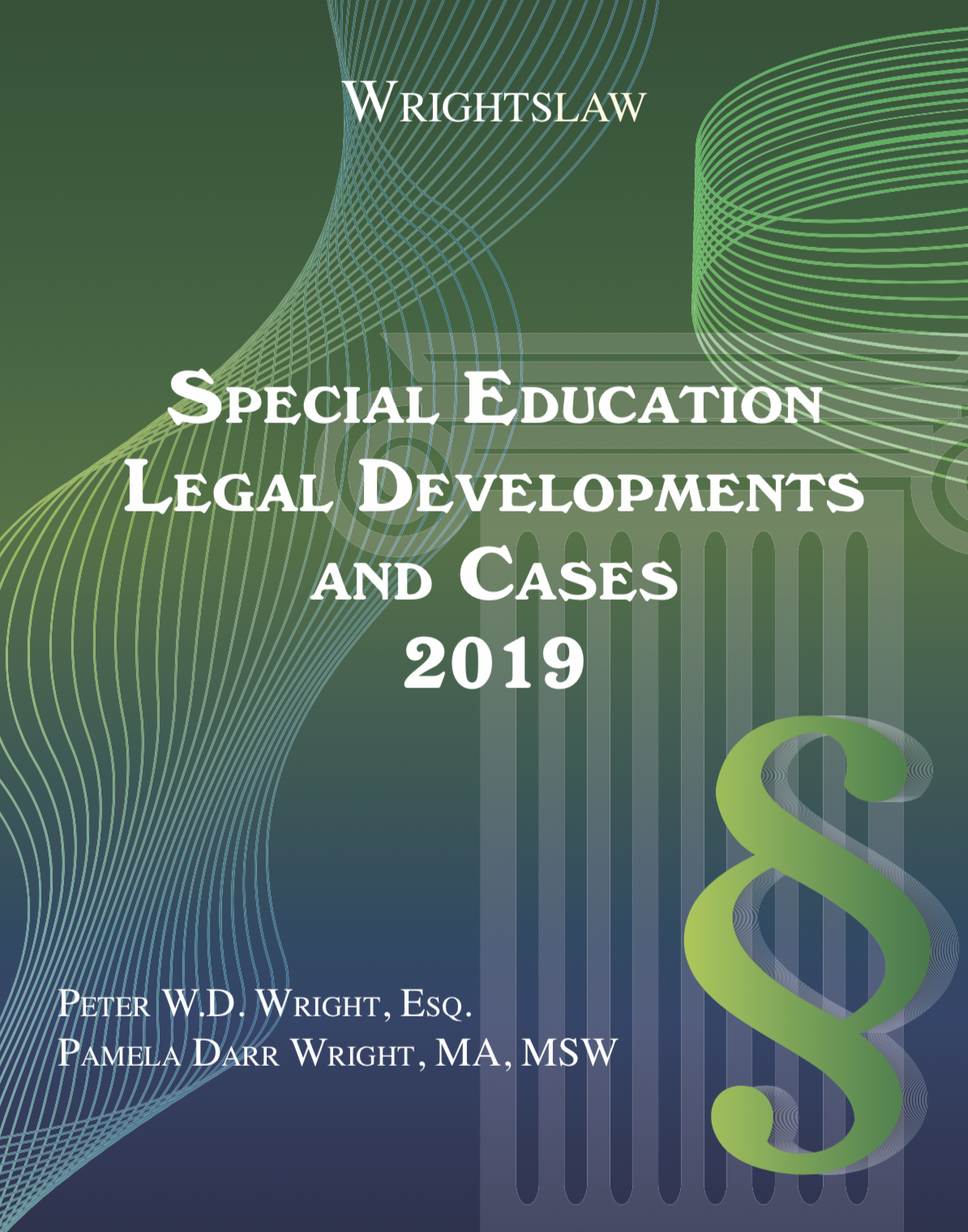Court
Expands Rights of Parents
By Howard
Weiss-Tissman, Vermont Brattleboro Reformer
May 22, 2007
A Supreme Court decision that allows parents to represent their children in court could lead to more disputed special education cases in Vermont. The court on Monday ruled in favor of Jeff and Sandee Winkelman and their son, Jacob, in their case against the Parma City School District in Ohio.
Parents in every state can ask for a due process hearing with the state department of education when they disagree with decisions made at the local school.
But if parents are not happy with the due process determination and want to take their complaints to court, most federal judges, including those in Vermont's 2nd Circuit, would not accept the case unless the families hire a lawyer, or if the parents are lawyers.
The Winkelmans argued in the 6th circuit that they could not afford to hire a lawyer and had a right to represent their child.
The Supreme Court on Monday sided with the Winkelmans, allowing parents around the country to take their complaints about special education decisions to the next level without having to consider legal fees before proceeding.
"This is an important case," said Marc Eagle, an attorney with the Vermont Department of Education. "This means that parents will not be blocked at the door coming into court without a lawyer."
Eagle said he has seen federal judges dismiss special education cases when parents are not able to afford a lawyer.
Under the Individual With Disabilities in Education Act, the federal special education law, public schools are required to provide a free and appropriate education for all children.
Disputes sometimes arise when parents feel that the school districts are not offering their child the best services.
Karin Edwards, director of student support services at the Vermont Department of Education, said very few cases in the state are argued at the federal level.
Since 1999, of the 260 due process hearings in Vermont, only five ended up in the second circuit. Parents are allowed to represent themselves at the due process level, though they are also permitted to hire legal counsel for that hearing.
With Monday's ruling, parents might be more inclined to challenge a state's due process decision, knowing that they will be allowed to argue their own case in court.
Edwards also said that there is a shortage of attorneys in the state who specialize in special education law, and the court's ruling Monday breaks down one more barrier for parents who want to have a judge decide a case.
"One problem in Vermont is that there are not a lot of lawyers available to represent parents," Edwards said. "It's expensive and only a handful cover the whole state. There is not a lot of low cost legal firms that do this work."
Mia Karvonides, an attorney with the Vermont education department who specializes in special education law, said she was surprised with the Supreme Court decision.
The Supreme Court justices, in their ruling, determined that parents have a stake in special education decisions and have a right to argue their cases before a judge.
The justices did not determine that parents should represent their children for the good of the education, but rather, that the parents are participants in the process and deserve to have their arguments heard.
"Basically, they are saying that parents have an independent, enforceable right and can represent themselves," Karvonides said. "The courts say that a parent can not represent a minor. It is a common law concept. But in special education cases they have an important role, and the court recognized that. They are identifying the parent's rights as being something in addition to the child's rights."
Special education advocates were celebrating the decision Monday, but Karvonides said it was important to proceed cautiously before arguing a special education case on their own in federal court.
A new provision in the special education law allows the prevailing party to gather legal fees from the side that loses the case. Parents who bring their cases to the federal level, and lose, may be on the hook for paying legal fees for the school district, as well as losing their child's case.
"It is always better to go forward with an attorney," she said. "Attorneys have experience and screen a case before going forward. It is good to have a third party look at a case."
Peter Wright, a national special education attorney and advocate, said the court's ruling Monday signified a major change from past rulings that favored school districts.
"The pendulum has now swung back in favor of parents," Wright said. "The Supreme Court has made it clear that parents have the same rights the kids do. It goes back to the roots of the law. It is a great ruling."
Wright also said that the decision will probably not significantly increase the number of parents who choose to argue their case in court. But with Monday's ruling, schools that use the threat of a law suit might be less inclined to do so.
"This will help parents negotiate with school districts and give parents more leverage," he said. "Schools might not be so fast to draw a line in the sand and say, 'If you don't like our decision then sue us.'"
And Connie Curtin, executive director of the Vermont Parent Information Center said the Court decision, while not having a great influence on cases in Vermont, did favor families and children.
"I think it is a good decision that parents can represent a child in the court system," said Curtin. "There are parents that want to do that, and it is good to know that parents who want to that, can."
The Associated
Press contributed to this report.
| |||||
|
|
|||||
|
Copyright © 1998-2025, Peter W. D. Wright and Pamela Darr Wright. All rights reserved. Contact Us | Press l Mission l Our Awards l Privacy Policy l Disclaimer l Site Map |
|||||
Wrightslaw
Books, Downloads, |
Wrightslaw Books
|
|








